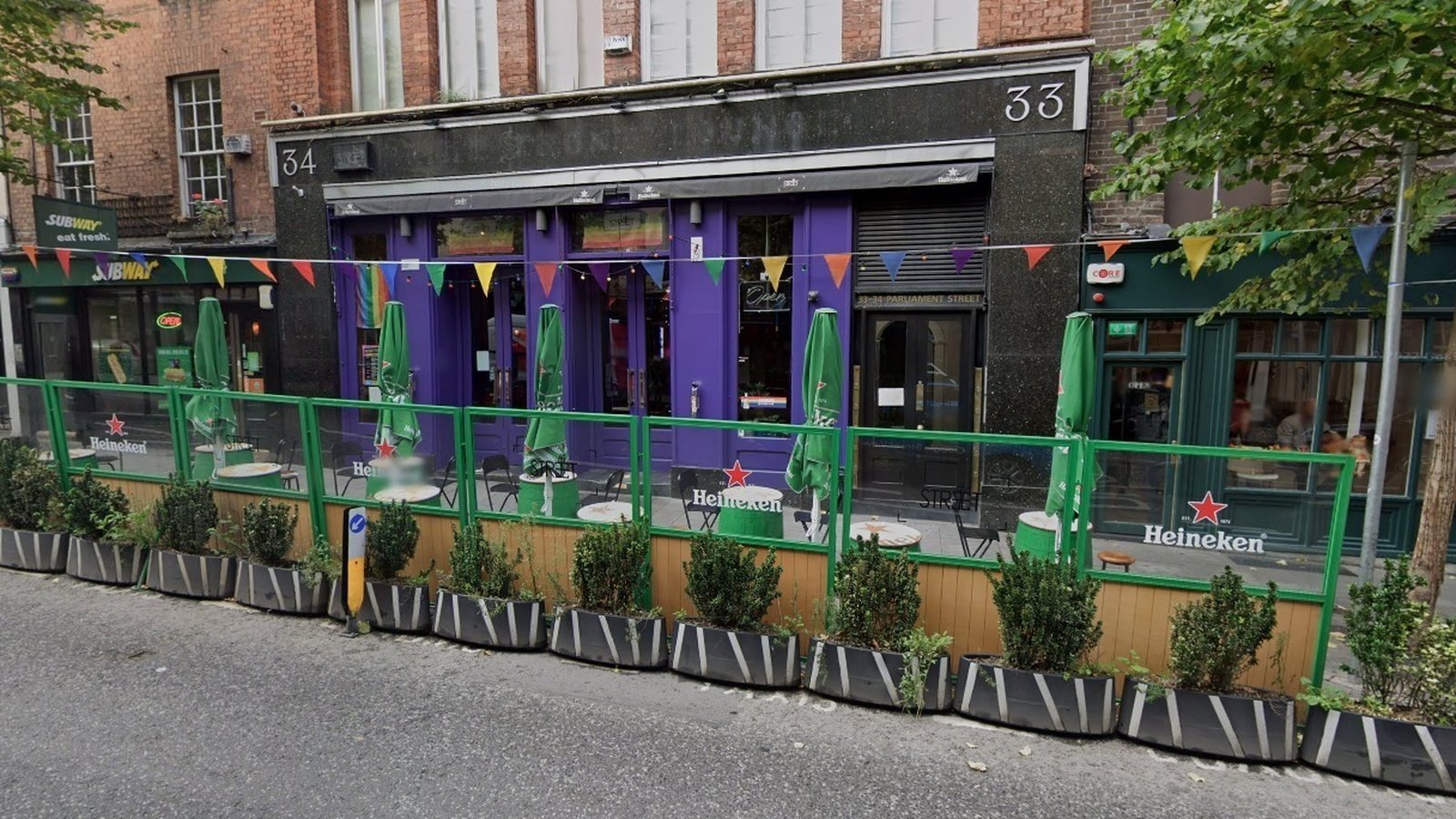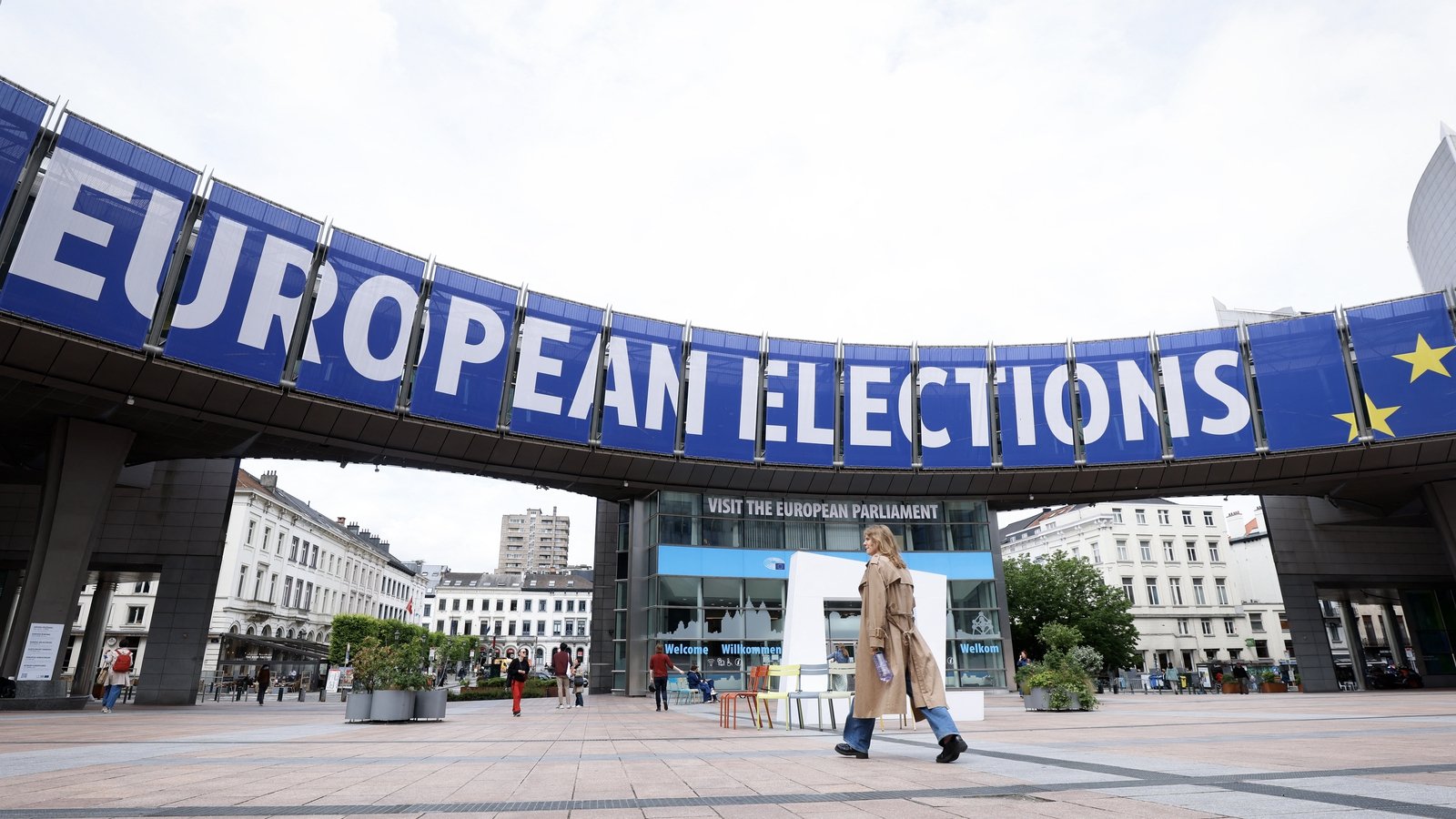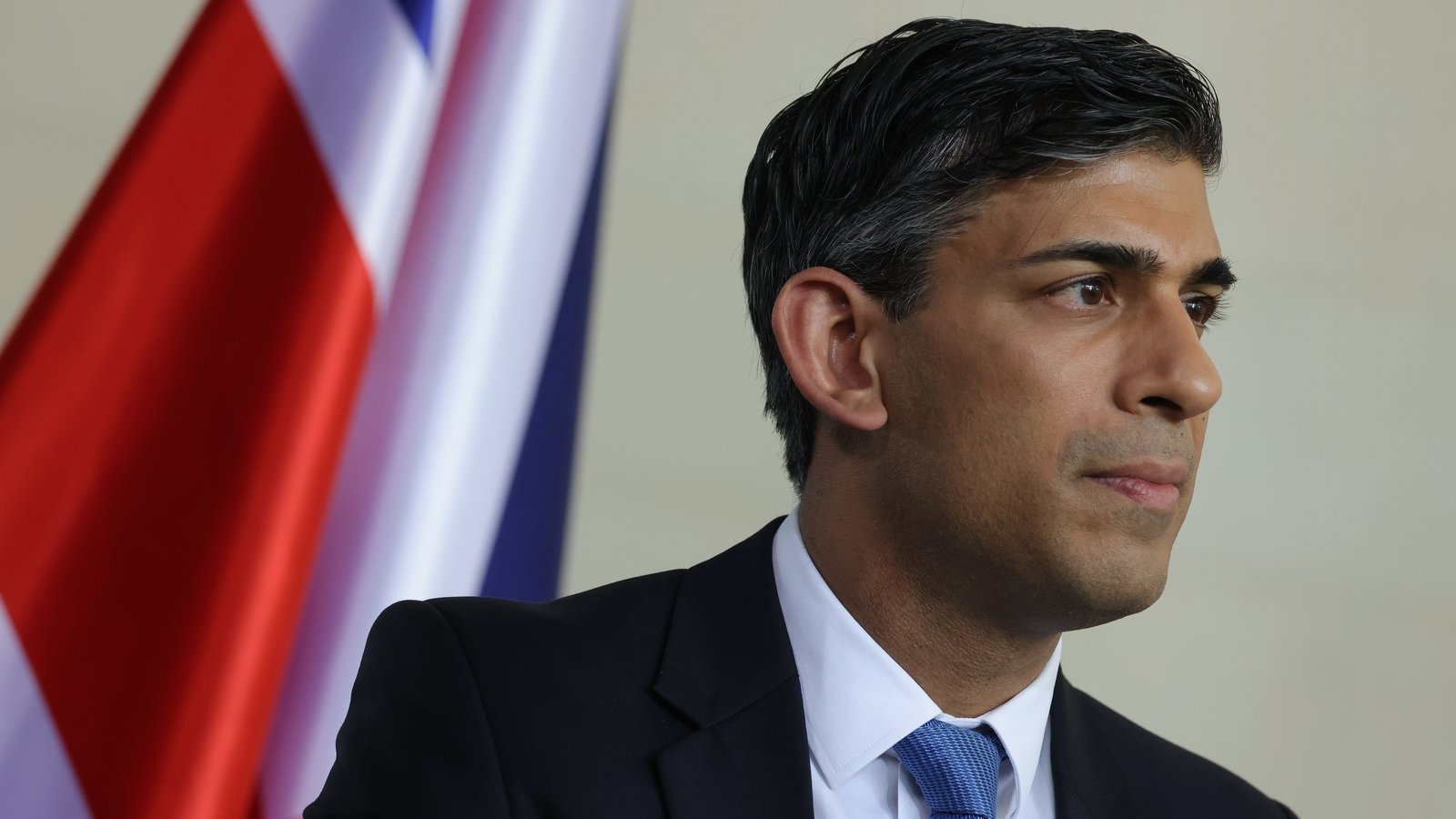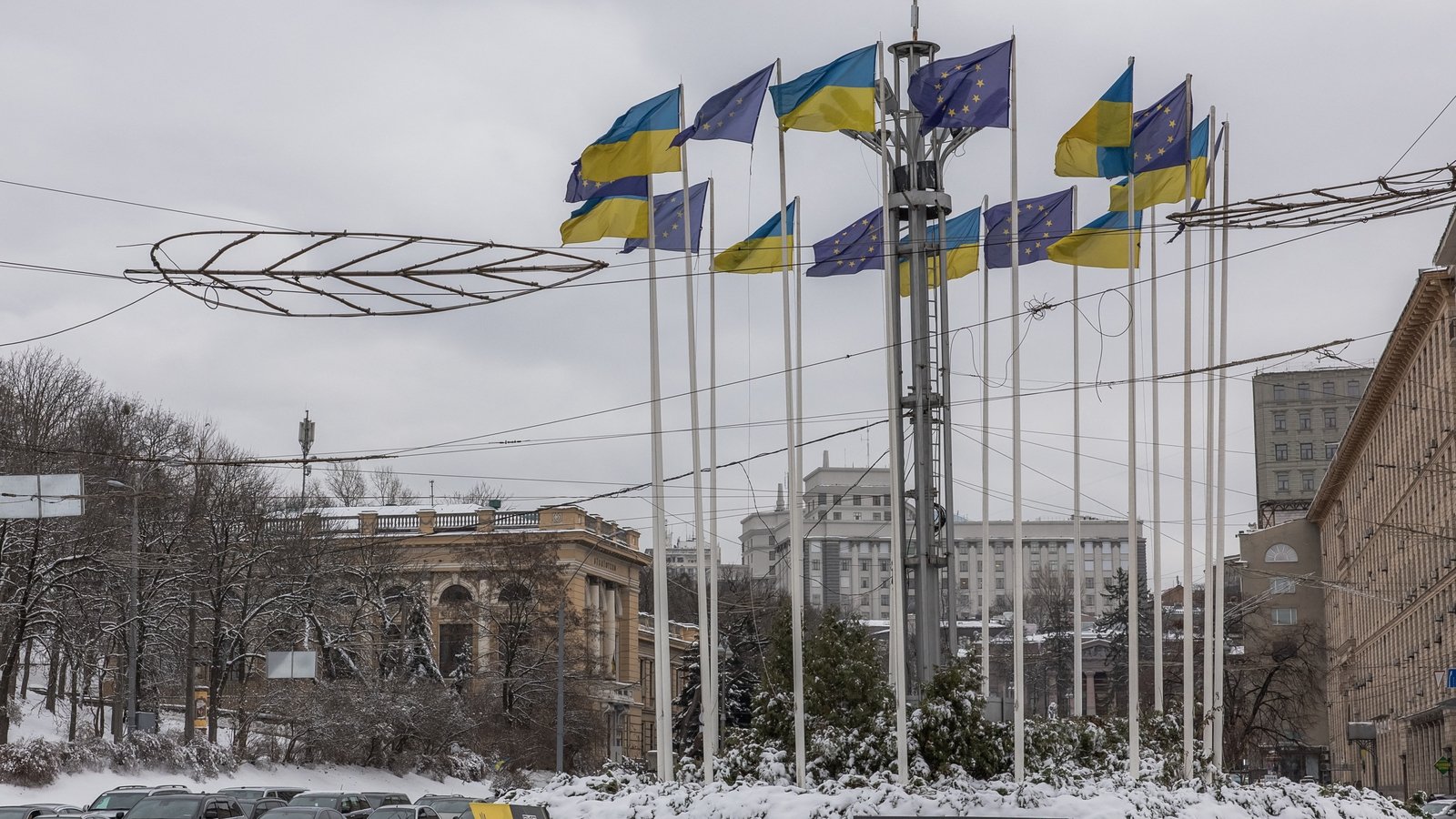Polish farmers plan total blockade of Ukrainian border
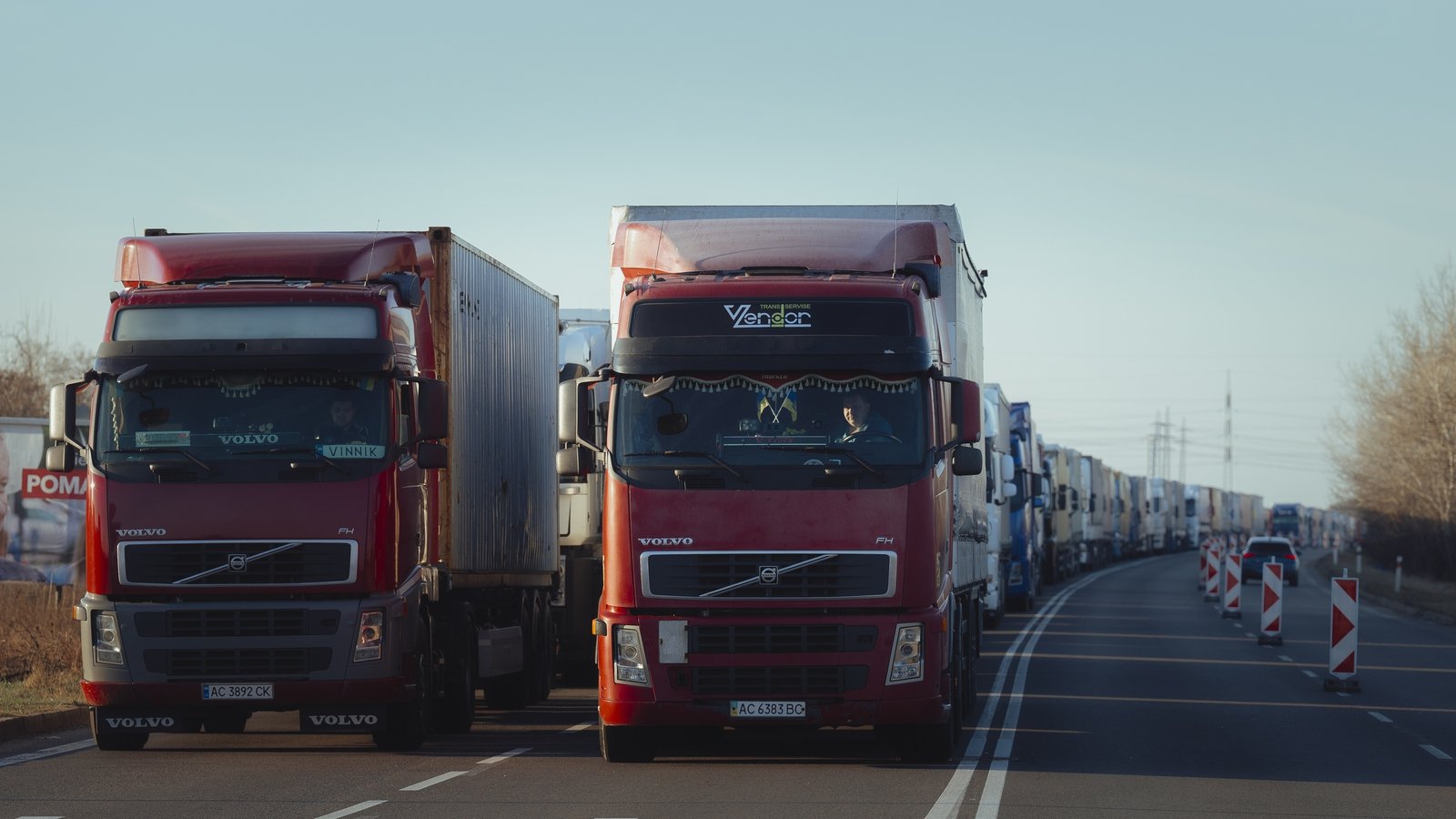
Polish farmers will step up protests on the border with Ukraine, blocking almost all traffic in what they say is a bid to save their livelihoods but which Kyiv says is damaging its war effort.
Farmers across Europe have been demonstrating against constraints placed on them by European Union measures to tackle climate change, as well as rising costs and what they say is unfair competition from abroad, particularly Ukraine.
“(There will be a) total blockade of all traffic at border crossings,” said Adrian Wawrzyniak, a spokesperson for the Solidarity farmers’ union.
Mr Wawrzyniak said that while military aid would be allowed through, all passenger traffic would be blocked, not only lorries. He said there would be blockades at ports and of motorways.
The protests mark an escalation of the unrest as previous demonstrations by the truckers and farmers did not completely block all border crossings.
Ukraine said its agricultural exports through eastern Europe have not damaged EU markets.
As exasperation with protests in Poland has grown, Ukrainian hauliers said they planned a peaceful round-the-clock protest at three crossings already blocked by Polish farmers.
In a comment to the Ukrinform news agency, their representative said they would control movement at crossings preventing Polish trucks from bypassing the general queue. The protest is planned to last until 15 March.
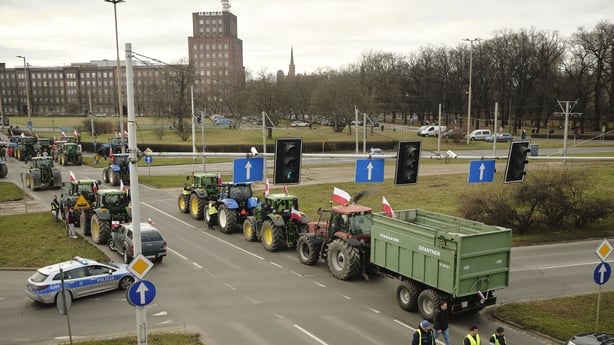
Poland became one of Ukraine’s staunchest allies after Russia launched its full-scale invasion on 24 February 2022, but the border protests have strained relations.
Poland’s new pro-European government has expressed sympathy for the farmers’ demands but has also urged them not to take action that could damage Kyiv’s war effort.
Ukraine says the blockades are affecting its defence capability and helping Russia’s aims.
Ukrainian President Volodymyr Zelensky said the situation at the border demonstrated “the erosion of solidarity on a daily basis”.
He added that only 5% of Ukraine’s agricultural exports passed through the border with Poland, adding that the case was more about politics than about grain.
“We need common decisions, rational decisions, to resolve this situation,” he added.
Poland’s Deputy Agriculture Minister Michal Kolodziejczak, in comments to public radio, rejected such criticism this morning and suggested that Mr Zelensky should come and “see the problems of Polish farmers” for himself.
Agriculture Minister Czeslaw Siekierski has previously said he is negotiating with Ukraine and that a deal limiting imports could be reached by the end of March.
Ukrainian Agriculture Minister Mykola Solsky said that the government was “ready for all options” and sought a “constructive” solution.
“Some forces are using these protests for provocation, and what you should definitely not do is to give in to provocation,” he said.
Ukrainian railways reported that trains were operating normally across the border a day after police and rail workers broke up a blockade that had halted one cross-border service.
Polish Agriculture Minister Czeslaw Siekierski said this month that he understood the challenges farmers were facing but hoped the protests could be organised in a way to be “the least burdensome for citizens”.
The farmers’ Solidarity trade union said as well as the blockade of Ukraine border crossings, it planned on-and-off blockades of roads throughout Poland until 10 March.
Greek farmers head for Athens protest
Meanwhile, hundreds of Greek farmers were heading to Athens to demand financial aid after the government consented to an orderly protest in the capital.
Convoys of dozens of tractors escorted by traffic police were en route to the capital for the evening protest, TV footage showed.
Additional farmers were travelling in by coach from agricultural areas such as the island of Crete.
Prime Minister Kyriakos Mitsotakis, who last week met protest leaders and made numerous concessions, yesterday called on the farmers to cause “as little disruption as possible”, but stressed that the government had “nothing more to give”.
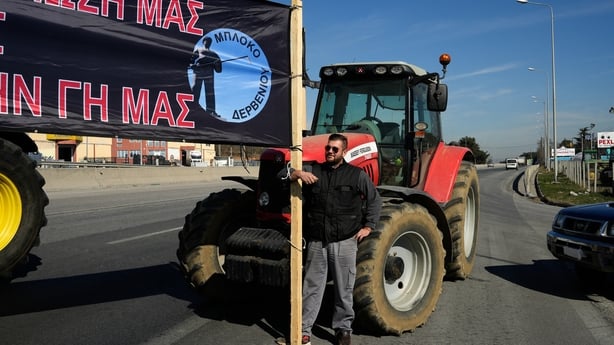
The farmers began protesting last month, joining a wider movement that has seen tractors deployed to block roads or slow traffic in France, Germany, Italy, Poland and Spain, among other countries.
Part of the discontent in Greece is fuelled by anger at the slow pace of reconstruction after devastating floods in September in Thessaly, the centre of Greece’s agricultural production.
The farmers want import controls, lower fuel taxes, better prices for products and an easing of European Union environmental regulations.
The government has offered to lower energy bills for farmers over the next 10 years, as well as to cut VAT on fertilisers and animal feed from 13% to 6%.
Mr Mitsotakis last week also promised to deliver financial aid by the end of the month to those affected by natural disasters.

